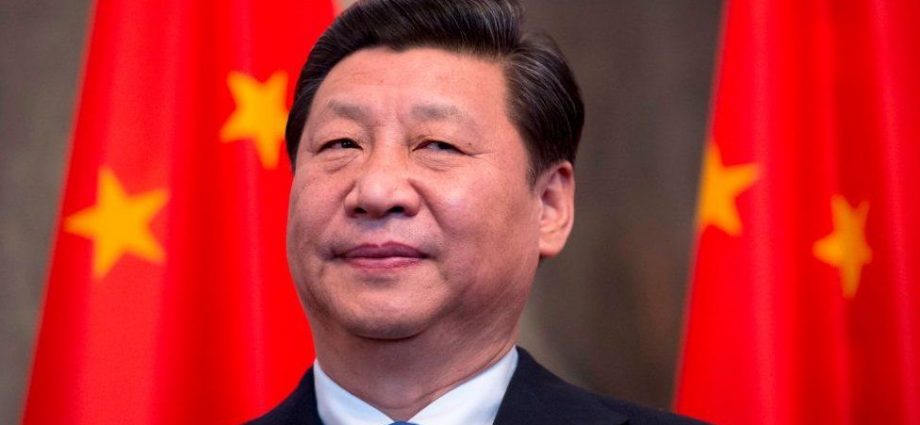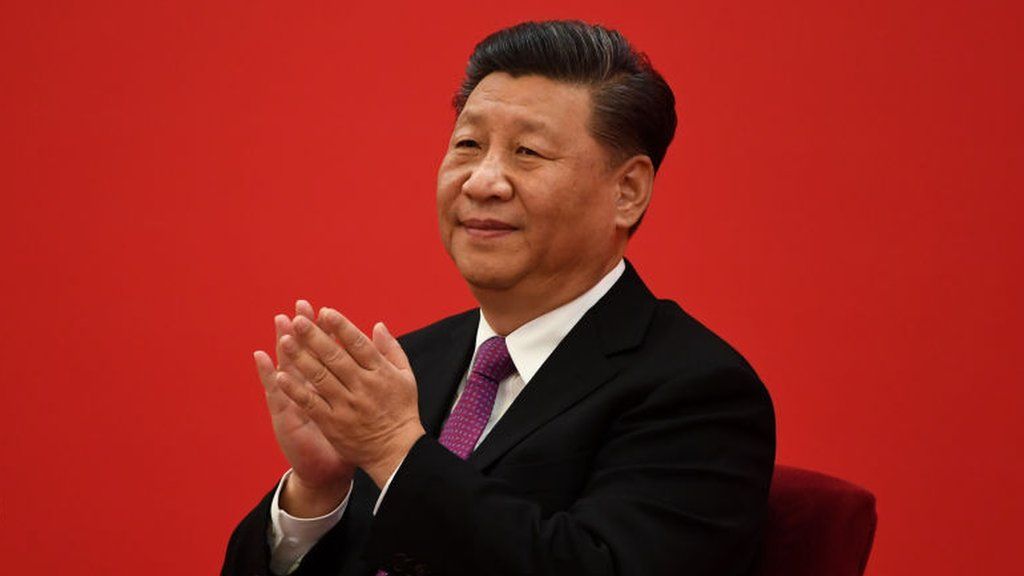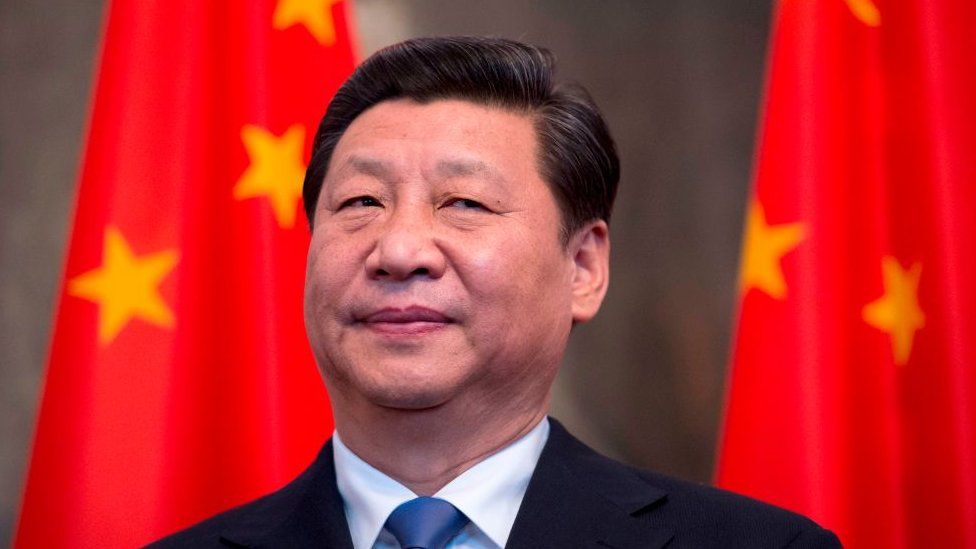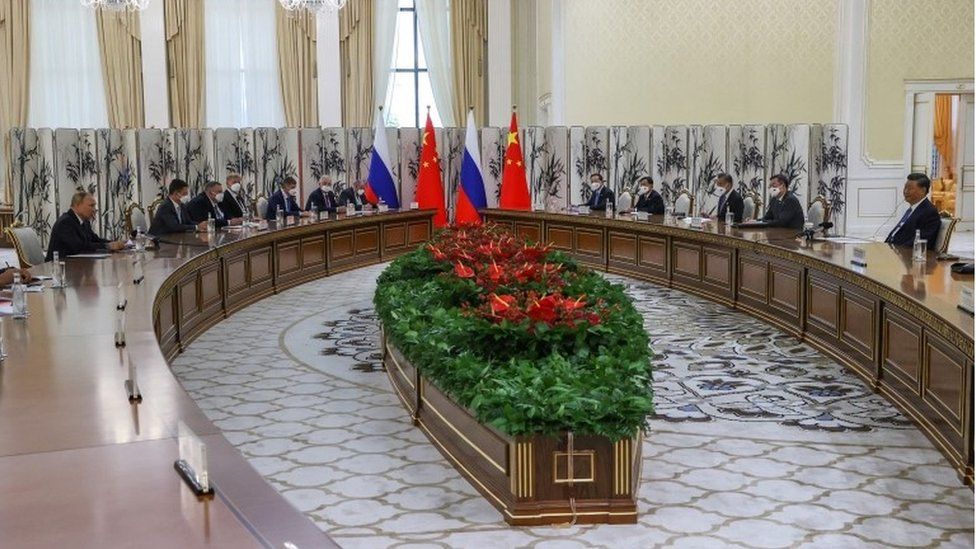
Vladimir Putin has thanked President Xi Jinping for China’s “balanced position” on Ukraine, in their first face-to-face talks since Russia invaded the country.
The Russian leader met his counterpart at a summit in Samarkand, Uzbekistan, where he condemned “attempts to create a unipolar world”.
Mr Xi said China was willing to work together with Russia as “great powers”.
China hasn’t endorsed Russia’s invasion but has steadily grown trade and other ties with Moscow since it was launched.
The two leaders’ meeting on the sidelines of the Shanghai Cooperation Organisation (SCO) summit comes at a crucial point in the Ukraine war, where Russian troops have lost ground in parts of the country in recent days.
During their last meeting in February – when Mr Putin travelled to Beijing for the Winter Olympics at Mr Xi’s invitation – the two sought to demonstrate their close ties, famously declaring they shared a friendship with “no limits”.
Days later Russia invaded Ukraine, prompting international condemnation and sanctions against Moscow, putting the China-Russia relationship under an intense spotlight.
Beijing has since urged an end to hostilities and stressed the importance of sovereignty. But it has also consistently refused to call the war an invasion by Russia, whose leaders refer to it as a “special military operation”.
In recent weeks China has sent troops to take part in joint military exercises with Russia, and sent senior officials to meet Russian counterparts to reaffirm their close ties. It has also come to Russia’s economic aid at a time of punitive sanctions inflicted by the West.
This has been a win-win for both countries. With Europe reducing its dependency on Russian oil and gas, China has increased its purchases of the energy products, which it is reportedly getting at discounted rates.
Last month Beijing also agreed to pay for gas in Russian roubles and Chinese yuan, giving Moscow a much-needed alternative to dollars as a foreign reserve, while furthering China’s interests in boosting the yuan as an international currency.
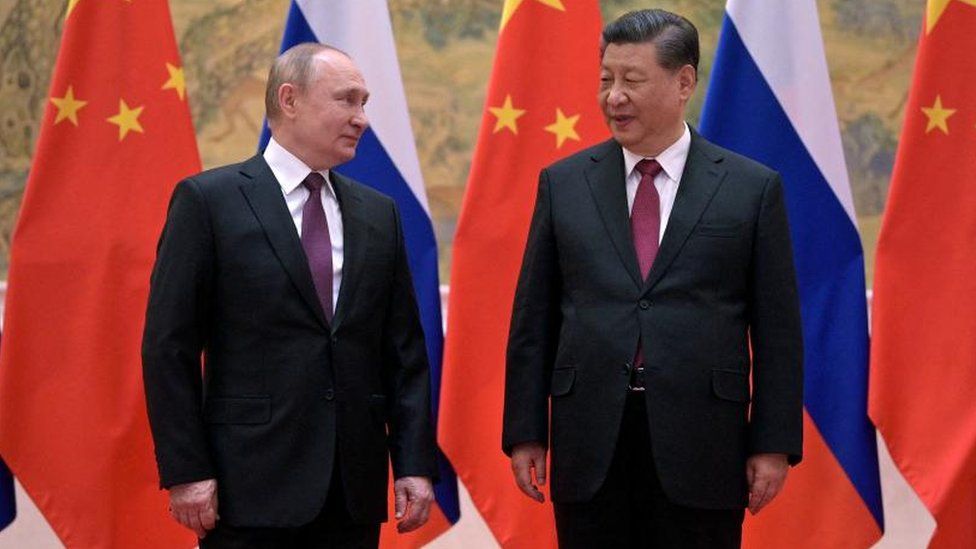
But China appears to have drawn a line. US intelligence reports say Moscow is so desperate for weapons that it has turned to Iran and even North Korea for supplies, and has also approached China – but there has been no indication so far that Beijing has agreed.
Some experts believe that despite the rosy picture of comradeship painted by both China and Russia, Mr Xi will want to maintain some distance between him and Mr Putin for several reasons.
“It would be spectacularly inept to choose the moment of maximum Russian tactical retreat in Ukraine to lean into Moscow even harder than Beijing already has,” said Evan Feigenbaum, vice-president for studies at the Carnegie Endowment for International Peace, in a recent commentary.
Another dilemma Mr Xi faces, added Mr Feigenbaum, is that while “he will want to buck up Moscow generally and Putin personally… if he leans too hard into that, he will drive a wedge with other neighbours whom Beijing wishes to cultivate”, such as ex-Soviet Central Asian countries.
Many of them do not support Russia’s invasion of Ukraine – which also used to be part of the USSR – and so Mr Xi “also must be very aware that Central Asia is unhappy and nervous about what’s going on… he’s trying to think of the environment he’s in,” said Professor Emeritus Rosemary Foot, a senior research fellow in international relations at Oxford University.
China wants to maintain the close ties it’s built up in Central Asia, particularly with its huge infrastructure investments there, and ensure these countries are not too critical of China’s controversial policies in nearby Xinjiang, Prof Foot told the BBC.
Additional reporting by BBC Monitoring
-
-
2 September
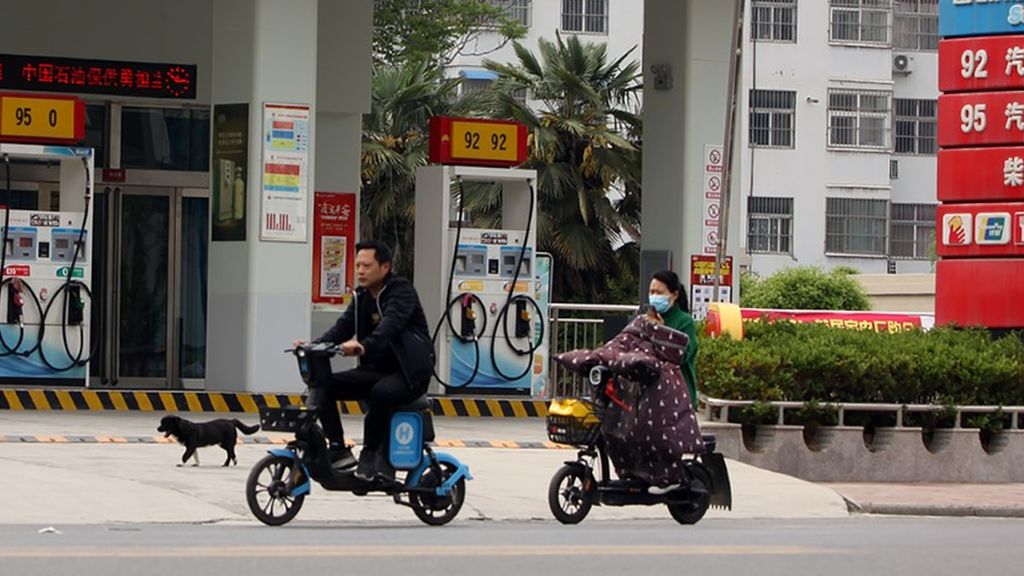
-

